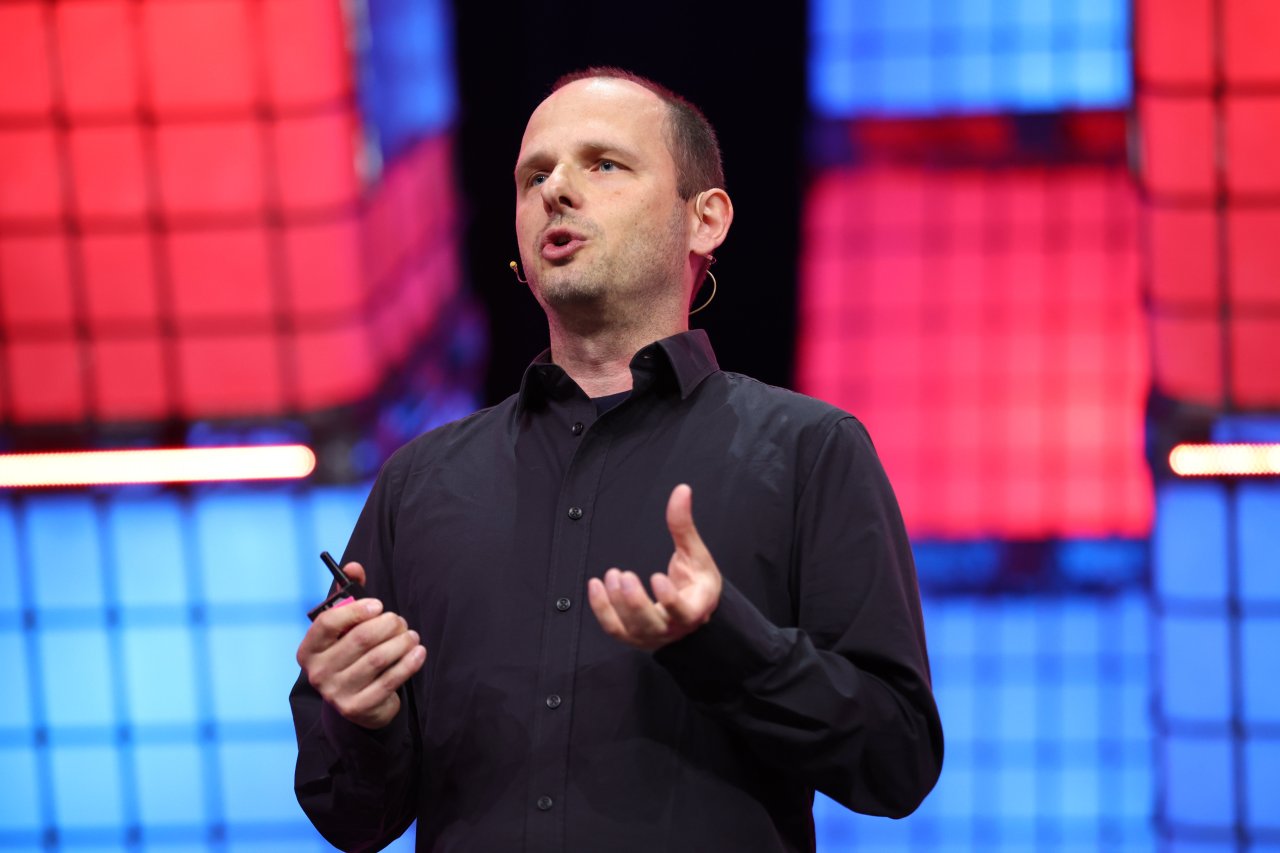As we step into an era of rapid digital transformation, artificial intelligence is positioned to redefine the landscape of software development. With tools like GitHub’s latest offering, Copilot Workspace, developers can now embrace an AI-integrated environment that enhances their coding practices. This article delves into the innovative features of Copilot Workspace, its potential benefits, challenges, and the philosophy driving this groundbreaking development.
The Evolution of AI in Software Engineering
GitHub has long been a pivotal player in the software development space. Its AI-powered tool, Copilot, has attracted millions of users, sitting at the intersection of productivity and creativity. But as Jonathan Carter, head of GitHub Next, points out, the introduction of Copilot Workspace is an evolution rather than a mere upgrade. This new dev environment aims to address one of the primary pain points developers face: the daunting task of getting started.
By integrating natural language capabilities, Workspace not only allows developers to communicate their intentions more clearly but also empowers them to navigate complex coding challenges. Through tools like Copilot Chat, developers can now interact with AI in an intuitive manner, changing how we conceptualize software engineering tasks.
How Copilot Workspace Works
At its core, Copilot Workspace focuses on minimizing friction and maximizing productivity. When a developer encounters a task—be it squashing a bug or implementing a new feature—they can use the “Open in Workspace” button to articulate their needs in natural language. This transition from vague ideas to structured execution is where Workspace shines.
- Step-by-step Execution: Workspace analyzes the project repository, generating a comprehensive plan to tackle challenges, including a recommended course of action.
- Collaborative Features: Suggested code can be easily shared among team members, facilitating real-time collaboration and iteration.
- Resilience Against Errors: The workspace aims to help developers produce cleaner code with fewer errors, addressing concerns around the quality of AI-generated outputs.
Carter asserts, “If you ask any developer where they tend to get stuck with a new project, you’ll often hear them say it’s knowing where to start.” By providing a structured launchpad, Copilot Workspace lifts that weight off developers’ shoulders, allowing them to focus more on creativity and less on repetitive tasks.
The Balancing Act: Innovation and Responsibility
While the benefits of AI tools like Copilot Workspace are compelling, it’s crucial to address the associated challenges. Research indicates that reliance on AI-generated code can introduce vulnerabilities and bugs into codebases. GitHub is proactive in tackling these issues with an AI-based vulnerability prevention system. However, developers must remain vigilant, as the complexities of their projects will always require human oversight.
The question remains: can Copilot Workspace achieve its objective of reducing code complexity while enhancing security? Gartner’s prediction that by 2028, 75% of enterprise software engineers will utilize AI code assistants reinforces the need for reliable tools that can enhance software quality—not degrade it.
Future Prospects and Lasting Impact
The technical preview phase of Copilot Workspace is just the beginning. GitHub aims to gather insights during this period to define how the tool will ultimately evolve. By emphasizing that human review and AI collaboration will enhance software development, the company sets the stage for a more productive developer community.
In a landscape filled with competition from various coding assistants, GitHub’s Copilot Workspace could very well be the game-changer that revitalizes how developers engage with AI technology. The potential to empower creativity while easing burdens of tradition is a thrilling prospect for programmers worldwide.
Conclusion: Embracing the Future of Development
The journey towards an AI-powered development environment is laden with opportunities and responsibilities. With tools like GitHub’s Copilot Workspace leading the charge, developers are entering a new frontier where they can utilize AI not just as a tool, but as a creative partner. The possibilities are expansive, and as GitHub continues to innovate, so too will the practices of software engineering.
At fxis.ai, we believe that such advancements are crucial for the future of AI, as they enable more comprehensive and effective solutions. Our team is continually exploring new methodologies to push the envelope in artificial intelligence, ensuring that our clients benefit from the latest technological innovations.
For more insights, updates, or to collaborate on AI development projects, stay connected with fxis.ai.

